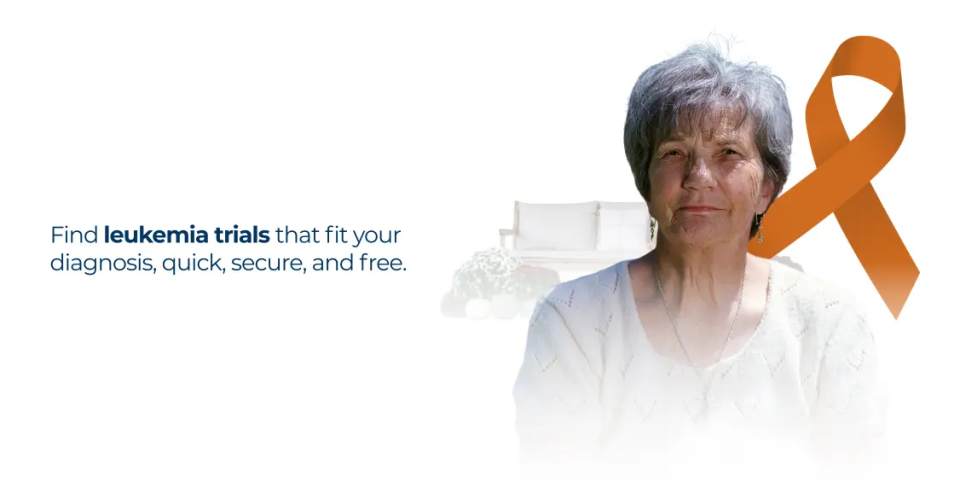Types
The main types are acute lymphoblastic leukemia (ALL), acute myeloid leukemia (AML), chronic lymphocytic leukemia (CLL), and chronic myeloid leukemia (CML). Each affects specific blood cell lines and has distinct clinical behavior.
Symptoms
Common signs include fatigue, frequent infections, bruising or bleeding easily, bone pain, swollen lymph nodes, night sweats, and unexplained weight loss. Anemia and low platelet counts are typical findings.
Causes
The cause is not fully understood but may involve genetic mutations, radiation exposure, smoking, certain chemical exposures (like benzene), and previous chemotherapy or radiation therapy.
Some inherited conditions increase susceptibility.
Treatments
Therapy may include chemotherapy, targeted therapy (such as tyrosine kinase inhibitors for CML), immunotherapy, and stem cell transplantation. Supportive treatments address anemia, infections, and bleeding issues.
Support
Supportive care includes blood transfusions, antibiotics, nutritional support, and counseling. Long-term follow-up is vital for monitoring remission and managing side effects of treatment.
To enroll in clinical trial, you must meet highly specific criteria that’s established by the researchers who are conducting the investigation. That includes detailed information about type of cancer, treatment history, response to treatment, and other data that is collected in medical records.
If you are being treated for cancer or any other disease, your doctor should have a complete record of your medical care, including specific information about what form of the disease you have and what treatments you have received. Your patient relations coordinator will contact you and inform you about the details.
Massive Bio provides its services to the patients and their doctors at no cost—you won’t have to pay anything to receive a clinical-research matching report. There are no hidden costs involved.
Massive Bio strictly adheres to all HIPAA guidelines and international regulations focused on maintaining your privacy. We take extra measures to secure your personal information, ensuring it is protected beyond the mandatory requirements.
Your doctor may know of a clinical research study being conducted in your area that’s recruiting participants and is right for you. However, Massive Bio uses its artificial intelligence powered platform to match patients to clinical research studies that give you the best chance of a positive outcome and are being conducted in a geographical location that makes sense for you.
Yes, Massive Bio keeps your doctor up to date on your status throughout your participation.


